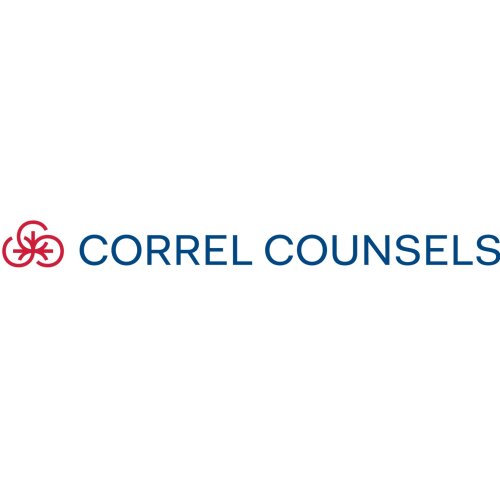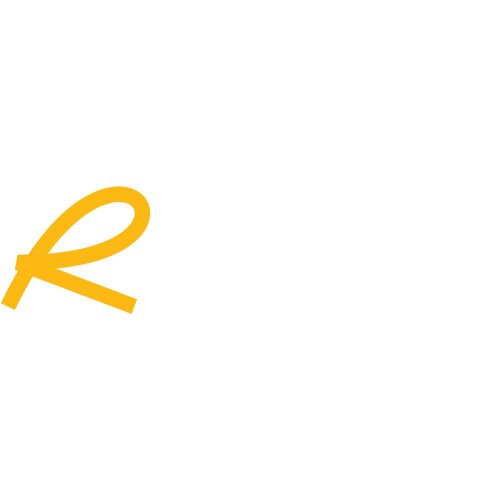Best Appeal Lawyers in Malé
Share your needs with us, get contacted by law firms.
Free. Takes 2 min.
List of the best lawyers in Malé, Maldives
About Appeal Law in Malé, Maldives
The legal process of Appeal in Malé, Maldives is an integral element of its judiciary system. It provides individuals and organizations the opportunity to seek revision of a decision made by a lower court. The final decision usually lies with the Supreme Court, which is the highest authority in the judicial structure of Maldives. Appeals can revolve around criminal cases, civil disputes, administrative issues, and more.
Why You May Need a Lawyer
There are several scenarios where you may need a lawyer for an appeal case in Malé, Maldives. This majorly includes situations where you believe that the conclusive decision of your case was unjust or where legal errors in the trial process occurred. Lawyers can help you understand complex legal procedures, identify any fundamental mistakes that might have occurred during the original trial, and can effectively present your case in the appeal court.
Local Laws Overview
Appeal laws in Malé, Maldives are primarily governed by the Constitution of Maldives and the Judicature Act. It is important to note that the appeal procedure has various stages involving submission of grounds for appeal, completing relevant documentations, and following strict timelines. Moreover, not all cases are eligible for an appeal. The decision to grant an appeal lies in the jurisdiction of the appellate court.
Frequently Asked Questions
1. What cases can be appealed?
Not all cases are eligible for an appeal. The judgments of civil and criminal cases can be appealed if one believes that there have been mistakes in implementing the law at the original trial.
2. How long do I have to file an appeal?
The time limit for filing an appeal may vary. It is mostly determined by the nature of your case and the court that made the initial decision. Consulting a lawyer will provide a clear picture of this.
3. What happens after an appeal is filed?
Once an appeal is filed and accepted by the court, both parties will be given the chance to present their arguments. The appellate court will then review the case, focusing on any legal errors made during the original trial.
4. Can I represent myself in an appeal?
While you can technically represent yourself in an appeal, it is generally discouraged due to the complex nature of the appeal process. Representation by a seasoned lawyer can significantly increase the chances of legal success.
5. Will the Appeal court hear new evidence?
Typically, the Appeal court only reviews the correctness of the decision made by the original court based on existing evidence. Introducing new evidence usually requires substantial justification such as it being indisputable and could have a significant impact on the case outcome.
Additional Resources
You can visit the official website of the Maldives Judiciary for more information on the appeal process. It is also advisable to consult a local lawyer or legal advisor for a detailed understanding of your case. Additionally, local law libraries and legal aid services could provide valuable resources.
Next Steps
If you feel the need for legal assistance in an appeal, start by finding a lawyer who has profound knowledge of Appeal law in Malé, Maldives. Schedule a consultation to discuss your case, including aspects like the possibilities of winning the appeal and the cost of the process. Make sure to provide your lawyer with all the necessary details of your case to help them craft a strong appeal for you.
Lawzana helps you find the best lawyers and law firms in Malé through a curated and pre-screened list of qualified legal professionals. Our platform offers rankings and detailed profiles of attorneys and law firms, allowing you to compare based on practice areas, including Appeal, experience, and client feedback.
Each profile includes a description of the firm's areas of practice, client reviews, team members and partners, year of establishment, spoken languages, office locations, contact information, social media presence, and any published articles or resources. Most firms on our platform speak English and are experienced in both local and international legal matters.
Get a quote from top-rated law firms in Malé, Maldives — quickly, securely, and without unnecessary hassle.
Disclaimer:
The information provided on this page is for general informational purposes only and does not constitute legal advice. While we strive to ensure the accuracy and relevance of the content, legal information may change over time, and interpretations of the law can vary. You should always consult with a qualified legal professional for advice specific to your situation.
We disclaim all liability for actions taken or not taken based on the content of this page. If you believe any information is incorrect or outdated, please contact us, and we will review and update it where appropriate.
















